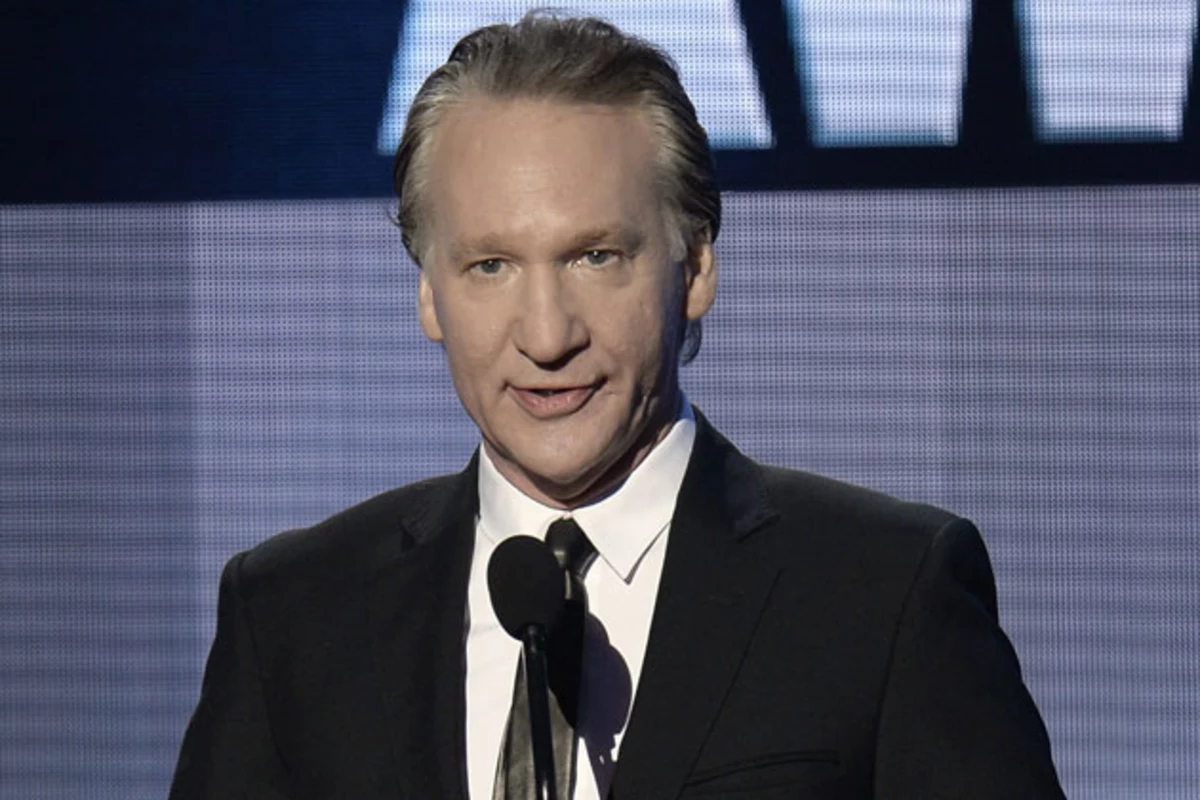Bill Maher, the ever-controversial host of HBO’s Real Time, has reignited the debate surrounding filmmaker Woody Allen’s sexual abuse allegations. During a recent episode of his podcast, Club Random, Maher staunchly defended Allen, criticizing actors who distanced themselves from the director and questioning the credibility of the accusations.
A Longstanding Controversy: Woody Allen and Sexual Abuse Allegations
The allegations against Allen first surfaced in 1992, when his then-partner, actress Mia Farrow, accused him of molesting their adopted daughter, Dylan Farrow. Two separate police investigations cleared Allen of wrongdoing; however, the accusations have continued to cast a shadow over his career, particularly in the wake of the #MeToo movement.

“Flat-Out Believes” Him: Maher’s Defense of Allen
On Club Random, Maher expressed his unwavering support for Allen. He emphasized his belief in Allen’s innocence, citing the lack of criminal charges and the police investigations. Maher further criticized actors who have chosen not to work with Allen in the wake of the allegations, calling them “pussies.”
He went on to question the motivations behind the accusations, suggesting that Mia Farrow might have been “vindictive” due to their ongoing custody battle. Additionally, Maher dismissed the HBO documentary “Allen v. Farrow” as biased, claiming it presented only one side of the story.
A Measured Response: Couric Pushes Back on Maher
However, Maher’s guest, veteran journalist Katie Couric, offered a more nuanced perspective. While acknowledging the exoneration by law enforcement, Couric pointed out the “sketchy and damning” evidence presented in the documentary, specifically citing Allen’s alleged preference for his girlfriend to dress in a way some might consider suggestive of a childlike appearance.
This point sparked a debate surrounding intent and interpretation. Maher argued that such preferences didn’t necessarily indicate a predisposition towards child molestation.
Ultimately, both Maher and Couric acknowledged the lack of definitive answers. Maher emphasized that the absence of a conviction should preclude societal “cancellation,” while Couric highlighted the lingering questions raised by the allegations.
The Court of Public Opinion: Navigating Uncertainty in the #MeToo Era
The conversation on Maher’s podcast reflects the complexities of navigating sexual assault allegations in the #MeToo era. While due process and the legal system play a crucial role, the court of public opinion often operates with a different set of rules.
The Allen case exemplifies this challenge. Despite the lack of legal consequences, the allegations have significantly impacted Allen’s career and public image.
Maher’s defense raises questions about the burden of proof in such cases. Should those accused be considered “innocent until proven guilty” by the public as well as the legal system?
Couric’s perspective highlights the importance of acknowledging the potential validity of accusations, even if they haven’t been proven in court.
Ultimately, the debate surrounding Woody Allen will likely continue. There are no easy answers, and the case serves as a reminder of the ongoing discussion regarding the balance between protecting victims and ensuring fairness for the accused.




